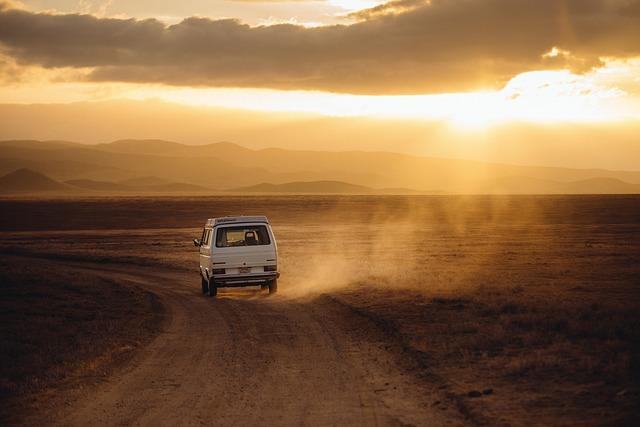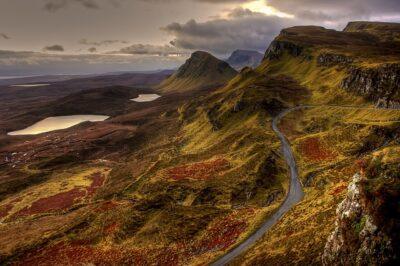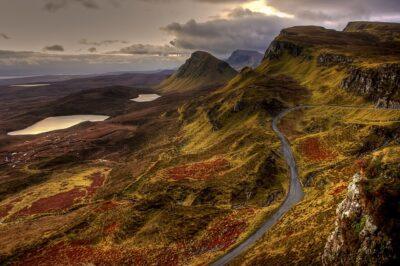Living off the grid is a rewarding lifestyle that millions of Americans enjoy, but it is hard work for the newly initiated. Here are the five biggest challenges for most people who want to move and begin living off-grid.
1. Land
It would be great if you could live off the grid anywhere, but cities have begun making that difficult. In some municipalities, it’s illegal to inhabit a dwelling without being hooked up to the municipal power system. Other cities only allow off-grid power sources to supplement power, but not to replace electricity.
So you need to find some land outside city limits with enough acreage to meet your planned needs for growing food or raising animals. Many people live a satisfying life on an acre or two with a robust garden and small animals, like chickens or rabbits. Others need more acreage because they grow grains or raise livestock.
Get Free Electricity — That Works Even During Blackouts!
Unless your family is in excellent health and financially well-off, you’ll have to consider commute times to jobs or drive time to hospitals when choosing the location. Many off-grid families supplement income with part-time jobs, or they have a family member that needs periodic medical care.Water
2. Water
Regardless of where you choose to live, you must have access to an abundant source of fresh water. Ideally, surface water from a lake, river or creek is available. While many people successfully live off the grid with a well that draws water from an underground aquifer, this has two disadvantages. First, it takes a lot of power to pump water, and second, even the best designed off-grid power system goes down occasionally.
Not only does your property need to have water, but you need to make sure you have rights to the water. Water law is complicated because it is a morass of federal, state, tribal and local rights and treaties. It is also very different depending on which side of the Mississippi River you live.
Generally, west of the Mississippi, if you have water on (or under) your land, your household will have the right to use it for personal consumption. But many off-the-gridders need water for their livestock to drink and to irrigate crops. These water rights may or may not be yours. So when looking at the perfect piece of land to build the homestead, get legal help to ensure that you’ll have rights to all of the water that will be needed.
3. Power
Some off-gridders live without electricity. They get water from a nearby lake or stream, and heat and cook with firewood. If that’s your plan, then you don’t need to worry about an off-the-grid power system.
But most people want to generate their own power. This may be for comfort (like air conditioning on a hot day or running a washing machine) or necessity. For example, if you grow large fields of grains in the southwest, you’ll likely need power to pump water from its source to the fields.
Today, there are several great technologies for generating power. In many parts of the country, solar power with battery storage is a sound and reliable choice. Or maybe you live in the plains states and harness the power of wind. Or perhaps you live on a creek that provides hydropower. Regardless of the choice, the challenge with generating your own power is knowing how to maintain and repair the system. You need to be ready and able to make repairs if needed.Food
4. Food
People live off-grid because they so desire. This means that most prefer to supply as much of their own food as possible. So before choosing the perfect property, think about how the homestead will provide food. Many off-gridders do very well with a good garden and small animals for meat like chickens or rabbits. Others have larger operations with fields of grain and livestock, with enough food left over for bartering.
The World’s Healthiest Survival Food — And It Stores For YEARS and YEARS!
It’s important to remember that humans enjoy variety in their diet. So if you specialize in one or two types of food production, make sure to produce extra for barter. For example, if your main source of protein is rabbit, then your family would love it if some of the rabbits can be traded with nearby homesteaders for chicken or beef. Or if you grow corn, bartering some away for wheat flour would be much appreciated.Neighbors
5. Neighbors
Many first-time off-the-gridders don’t want neighbors or anyone even living nearby. If they have the financial resources, they can get 100 or even 1,000 acres and live totally secluded.
But not everyone can afford this type of isolation. And after several years living off-grid, I’ve found that like-minded neighbors are key to a successful homestead. Like-minded neighbors — those who share your respect for hard work and a peaceful and quiet lifestyle — can be a benefit.
Human beings all have different skills. So maybe one neighbor specializes in equipment repair and can diagnose and repair your wind power system. Or maybe a neighbor has a green thumb and always has fresh produce to barter for some of your rabbit meat. Or maybe a neighbor served in the military and helps the surrounding area set up a security perimeter. Finally, perhaps one of them is gifted with animal care, and can help diagnose disease or treat injuries that livestock may get.
Conclusion
Living off grid is a great lifestyle. But it’s not easy, and there are several challenges to think about before beginning. The right land, with water and the natural resources for power generation and food production, and the presence (or absence) of nearby like-minded people, are all things to carefully consider. Good luck!
What would you add to this list? Share your thoughts in the section below:
 Off The Grid News Better Ideas For Off The Grid Living
Off The Grid News Better Ideas For Off The Grid Living






